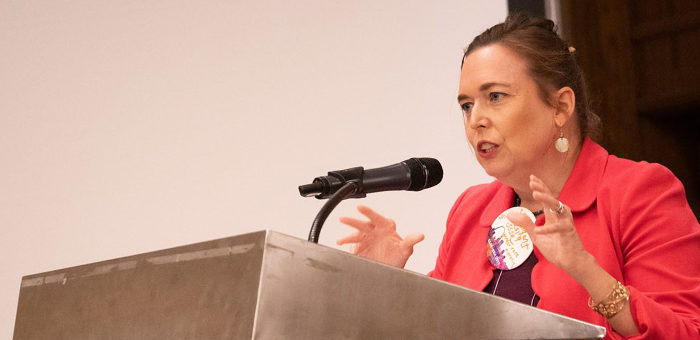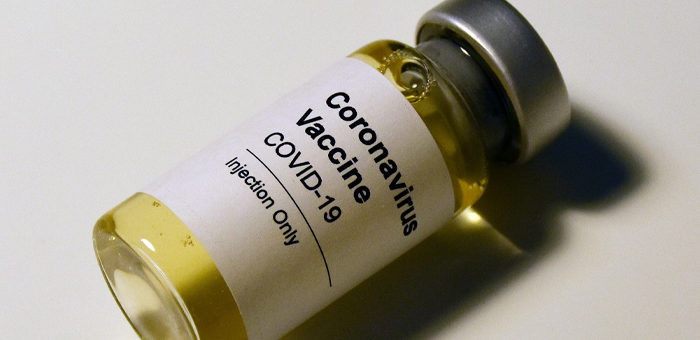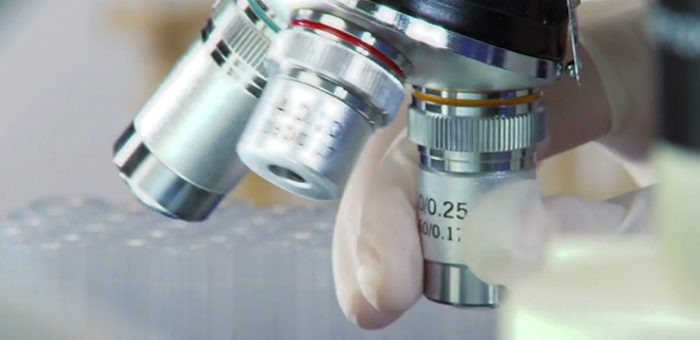In the 21st century, science fiction is quickly becoming scientific fact. How should Christians respond? The National Association of Evangelicals has been at the forefront of helping Christians develop a consistent approach to human life at all stages, driven by key biblical convictions.
One is that all human beings bear God’s image (Genesis 1:27), so we should reject technologies that attempt to modify or eliminate this essential aspect of human nature. A second is that children are not products, but begotten gifts (Psalm 127:3-5), with whom God has been present from the beginning (Psalm 139:13-14). A third is that despite our impulse to heal, we should resist technological optimism, because human knowledge is limited (Genesis 2:16-17) and we have a universal bent toward sin (Romans 3:23). Let’s consider the implications of this biblical approach for two headline-grabbing technologies.
Cloning
“Clone,” from the Greek word for “twig,” carries the basic idea of “copy.” Cloning exploded on the scene in 1997 with Dolly the sheep, cloned using somatic cell nuclear transfer. This technique involves removing the nucleus from an unfertilized egg, adding the nucleus from a cell in the body (“somatic” comes from the Greek word for “body”), and activating development. Rarely (Dolly was the only success in 277 attempts!), an animal can be born with the same sequence of genetic building blocks as the donated nucleus. Cloning is inefficient, because it is difficult to fully reset chemical modifications to DNA and proteins in the donated nucleus.
Work done at Oregon Health Sciences University showed in 2013 that cloning is possible in humans. Why clone? Two reasons have been suggested. In therapeutic cloning, an embryo genetically identical to a patient is produced, followed by destruction of that embryo to harvest embryonic stem cells for use in therapy. The goal of reproductive cloning is a baby. The technology is identical in both cases; the only difference is the ultimate use of the clone.
How should we think about cloned humans? Just as Dolly was fully sheepish, clones would be fully human, so we should seek alternatives to creating embryos only to destroy them. One approach transforms somatic cells directly into stem cells called induced pluripotent stem cells (iPS cells). iPS cells have the genetic advantages of clones but avoid embryo destruction.
What about reproductive cloning? Even if inefficiencies could be overcome, Christians have rejected it for many reasons, including commodification. Full-grown clones could provide tissue, or they might allow us to recover a nearly genetically identical “replacement” for a loved one. In either case the cloned human individual is no longer an end in her- or himself, but a commodity.
Genome Editing
A second highly publicized technique is genome editing. One version of this technology, called CRISPR/Cas9 (CRISPR is pronounced “crisper”), targets a very specific piece of DNA for editing. The details are complex, but the basic intent isn’t. DNA building blocks can be deleted, rather like highlighting a specific set of letters in a word processing document and hitting the delete key. Even more powerfully, DNA building blocks can be replaced, like using the “paste” command in a word processor.
How might this technology be used in humans? One might edit cells from a patient’s body to repair a defect, an approach known as somatic cell therapy. Such edits would not be passed onto the next generation. Much more controversial is germline therapy: If a fertilized egg is edited, the edits would be inherited by all cells and passed on to future generations. Why might one consider this? A small number of diseases, such as Tay-Sachs disease, are caused by a mutation in a single gene, leading to devastating, early death. Repairing the damaged gene in an embryo would not only prevent the disease in that embryo, but in that person’s children.
How far away are such therapies? Not very. The same researchers at Oregon Health Sciences University showed that CRISPR/Cas9 works in human embryos. They repaired a mutation associated with development of an enlarged heart. Although they did not allow edited embryos to survive, their work showed editing human embryos is feasible.
Many scientists have called for a moratorium on germline editing and for international discussion. For Francis Collins, a devout Christian and director of the U.S. National Institutes of Health, this is a bright line: “The concept of altering the human germline in embryos for clinical purposes … has been viewed almost universally as a line that should not be crossed.”
Francis’ use of “almost” was prophetic. In late 2018 Chinese scientist He Jankui reported that two baby girls were born with edits to a gene implicated in resistance to HIV. The international community condemned He’s work as irresponsible.
How should Christians think about genome editing? First, hard thinking is needed now. Second, to treat embryos as experiments rather than patients is inconsistent with a culture of life. Third, while somatic therapy has promise, Christians should be extremely cautious of our ability to use germline technology wisely. Finally, some have suggested that when repairs are made for severe disease, we should make additional enhancements at the same time. Christians should be troubled by this impulse, which blurs the line between healing and enhancement.
Biomedical technology is moving at breakneck speed. Biblically grounded, thoughtful Christians need to think well about these issues. Our ability to do so will be crucial in shaping the future.
This article originally appeared in Evangelicals magazine.
*The online version of this article has been edited to reflect breaking news after it was published. In October 2019 the team that suggested the mutation introduced by Dr. He leads to shorter lifespan retracted this claim after further data analysis.
Jeff Hardin is the Raymond E. Keller professor and chair of the Department of Integrative Biology at University of Wisconsin-Madison. He is on the national advisory board for InterVarsity’s Faculty Ministry and serves as faculty advisor for the Navigators and InterVarsity Graduate Christian Fellowship on the UW-Madison campus. Hardin holds an M.Div. from the International School of Theology in Southern California and a Ph.D. in biophysics from the University of California, Berkeley.




 View All Articles
View All Articles 









